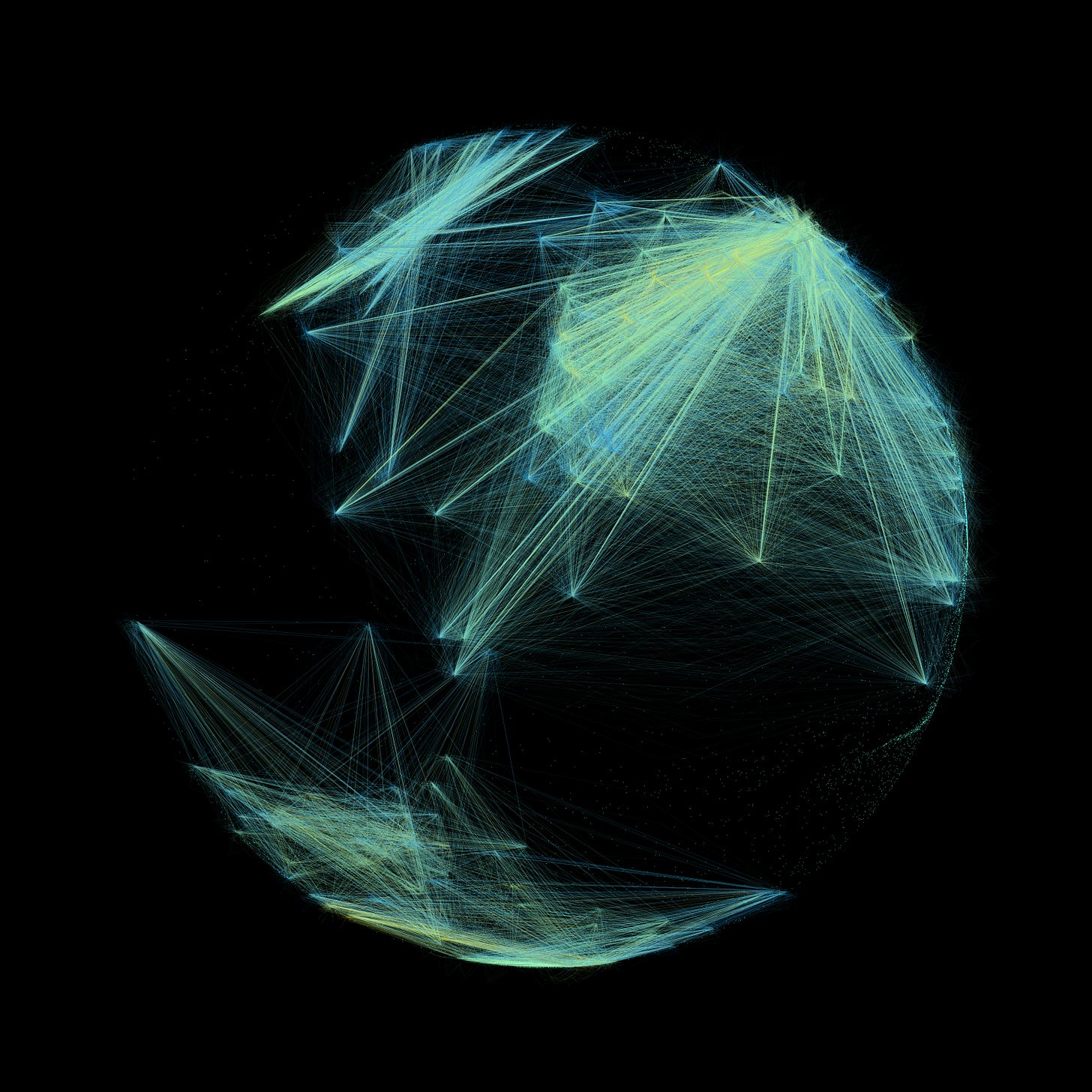The networked economy of FIFA's Club World Cup
It's not just Saudi Arabia that is behind the tournament's growing interconnectedness, others are also seeking to build power and influence
With the FIFA men’s Club World Cup now underway in the United States, significant attention has been devoted both to empty stadiums during games and to the presence of Saudi Arabia.
The kingdom’s sovereign wealth fund – the Public Investment Fund – is a tournament partner, many fans will have already seen its name and logo on stadium digital signage or via broadcast advertising.
For those who have watched the game on television or via a mobile device, the content has come via DAZN which last December secured exclusive rights to broadcast the event.
Every match is being live-streamed and is free to view on DAZN’s platforms, while the company has sublicensed rights to some local free-to-air broadcasters across the world.
In February this year, PIF acquired a minority stake in DAZN via SURJ, its sports investment unit.
The interconnected, networked nature of Saudi Arabia’s presence at the tournament has attracted considerable scrutiny from some media outlets.
Yet the Club World Cup is also being sponsored by Qatar Airways, which also partners FIFA’s World Cup as well as UEFA’s Champions League and Formula 1 (a sport in which PIF is also involved through its stake in Aston Martin team).
You’ll also find the Qatar Airways name on Paris Saint Germain’s team shirts, a Qatari owned club whose owner and president additionally chairs the European Club Association and is a member of UEFA’s Executive Council.
However, such networks are not simply the domain of Arabian Gulf states nor of FIFA and its new Club World Cup.
For instance, in March this year American ports and media rights business Relevant signed an exclusive deal with UC3 - a joint venture between UEFA and the European Club Association - to manage, market and sell global commercial rights for competitions including the UEFA Champions League, UEFA Europa League and UEFA Conference League.
All are rivals to the FIFA Club World Cup, as the global battle for eyeballs and cash intensifies.
Relevant’s football client roster has included Bayern Munich, Chelsea, and Borussia Dortmund, all of which are coincidentally competing in this summer’s Club World Cup.
The company was established by Stephen Ross, who owns NFL’s Miami Dolphins franchise; Ross also owns the Miami International Autodrome, where an F1 Grand Prix is staged.
The Autodrome encircles the Hard Rock Stadium, which is where several FIFA Club World Cup games are being staged.
This is yet further evidence of how global sport increasingly functions as an interconnected network of people and organisations, not simply a unidirectional power play involving a single entity.
In organisational research, network theory is a multidisciplinary framework used to analyse and understand systems composed of interconnected entities, often referred to as "nodes" or "actors," and the "ties" or "edges" that represent the relationships between them.
Nodes/actors are the individual units within the organization or between organizations that are connected, whilst ties/edges represent the relationships or interactions between the nodes.
Rather than focusing solely on individual attributes or traditional hierarchical structures, network theory emphasizes how the patterns of relationships influence organizational outcomes.
It helps researchers understand phenomena including the nature of power and influence, strategic motives, leadership and change management, and inter-organisational relations.
Understanding the consequences of such networks in football (and indeed sport more generally) is crucial in the way it shapes governance, marketing, fan relationships, and more.
The Club World Cup is therefore note just a matter of football, it is also a contest of to re-shape networks, accumulate power, and extend influence as various stakeholders pursue their own interests.




